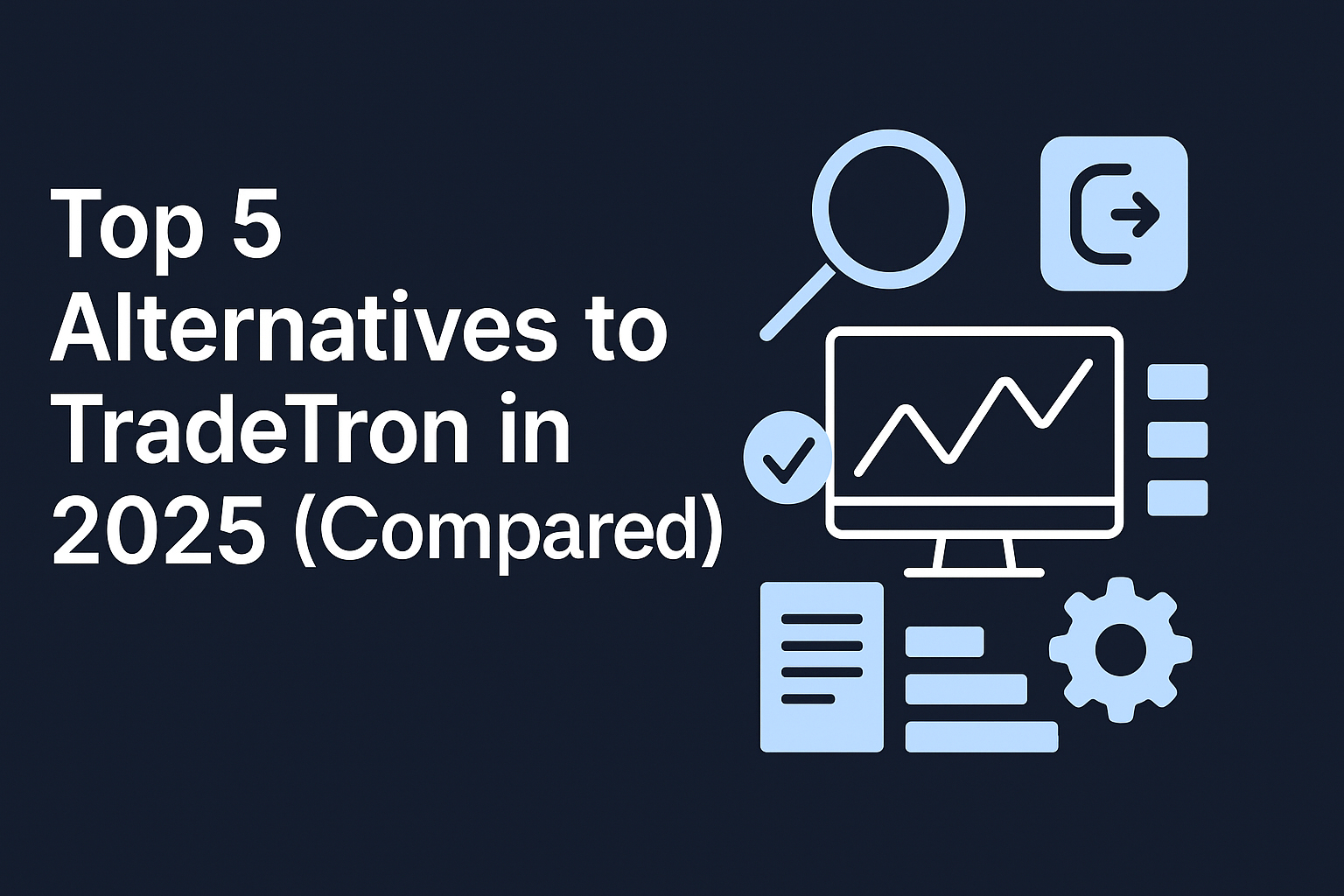What Are Options Chains?
An options chain is a list of all available options contracts for a particular underlying asset, organised by strike price and expiration date. For each option contract, the options chain, via, say, an option payoff chart, provides essential information such as bid and ask prices, volume, open interest, and implied volatility. Options chains are widely used by traders and investors to analyse and compare different options contracts and formulate trading strategies.
Why Do Options Chains Matter in Algorithmic Trading?
1. Comprehensive Analysis
Options chains provide a comprehensive view of the options market for a specific underlying asset, allowing algorithmic traders to analyse various options contracts simultaneously. By examining different strike prices, expiration dates, and Greeks (delta, gamma, theta, vega), algorithmic traders can gain valuable insights into market sentiment, volatility, and potential price movements.
2. Strategy Development and Optimisation
Understanding options chains, via payoff charts’ algorithmic trading, is essential for developing and optimising algorithmic trading strategies involving options. By analysing the bid-ask spreads, implied volatility, and other key metrics in the options chain, traders can identify opportunities for implementing strategies such as covered calls, protective puts, and iron condors. Additionally, options chains help traders assess the risk and reward profiles of different options strategies and make informed decisions based on their trading objectives and risk tolerance.
3. Liquidity and Execution
Options chains provide valuable information about liquidity and trading volume for different options contracts. Algorithmic trading, on platforms like uTrade Algos, relies on this data to ensure efficient execution of trades, especially when dealing with large order sizes or illiquid options contracts. By focusing on options with high trading volume and tight bid-ask spreads, algorithmic traders can minimise slippage and transaction costs, thereby improving overall trading performance.
4. Risk Management
Options chains play a crucial role in risk management for algorithmic traders. By analysing the Greeks and other risk metrics for various options contracts, traders can assess the potential impact of price changes, volatility shifts, and time decay on their options positions. This information allows traders to implement risk mitigation strategies, adjust position sizes, and set stop-loss orders effectively, helping to protect capital and optimise risk-adjusted returns.
5. Flexibility and Adaptability
The options market is highly dynamic, with prices, volatility, and market conditions constantly changing. Options chains provide algorithmic traders with the flexibility to adapt their strategies quickly in response to market developments. By monitoring changes in the options chain, traders can identify emerging trends, adjust trading parameters, and capitalise on new opportunities, thereby maintaining a competitive edge in the fast-paced world of algorithmic trading.
Pitfalls in Algorithmic Trading with Options Chains
While options chains and option payoff graphs provide valuable insights and capabilities for algorithmic traders, it's essential to approach them with caution and be aware of potential pitfalls. Here are some things to be careful of when options chains matter in algorithmic trading:
- Complexity: Options chains can be complex and overwhelming, especially for novice traders. It's crucial to have a solid understanding of options terminology, Greeks, and trading strategies before diving into algorithmic trading with options.
- Liquidity Concerns: Not all options contracts have the same level of liquidity. Traders should be cautious when trading illiquid options contracts, as they may experience wider bid-ask spreads, slippage, and difficulty in executing large orders.
- Data Accuracy: The accuracy and reliability of the data presented in options chains are paramount. Traders must ensure that they are using reliable data sources and platforms to avoid making trading decisions based on inaccurate or outdated information.
- Risk Management: Options trading involves complex risk profiles due to factors like delta, gamma, theta, and vega. Algo trading platforms must implement robust risk management strategies to mitigate potential losses and protect capital effectively.
- Regulatory Compliance: Options trading is subject to specific regulations and rules, particularly concerning margin requirements, position limits, and reporting. Traders must ensure that their algorithmic trading activities comply with all applicable laws and regulations to avoid legal issues and penalties.
- Cost Considerations: Trading options involve various costs, including commissions, fees, and margin requirements. Algorithmic traders should carefully consider these costs when developing and executing options strategies to ensure that they remain cost-effective.
In conclusion, options chains are a vital tool for algorithmic traders, trading on platforms like uTrade Algos, looking to navigate the complex and dynamic options market effectively. From comprehensive analysis and strategy development to liquidity assessment, risk management, and adaptability, options chains offer valuable insights and capabilities that can significantly impact trading strategies and performance. By incorporating options chains into their algo trading in India and other parts of the world, workflows, traders can make more informed decisions, optimise trading strategies, and enhance overall trading efficiency in the options market.












